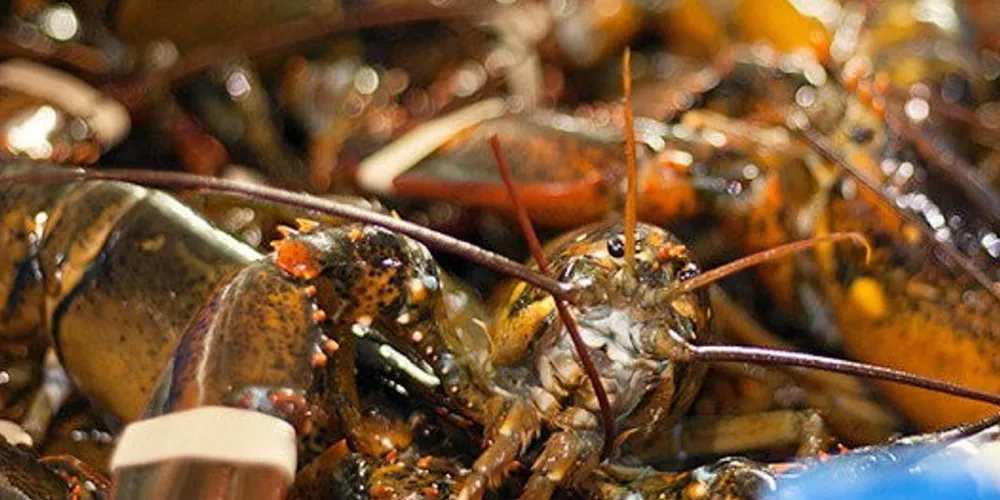EU tariff deal gives US lobster industry hope, but trade war scars remain
An incoming Biden administration will still need to deal with a hard-hit industry, according to seafood leaders.

An incoming Biden administration will still need to deal with a hard-hit industry, according to seafood leaders.
